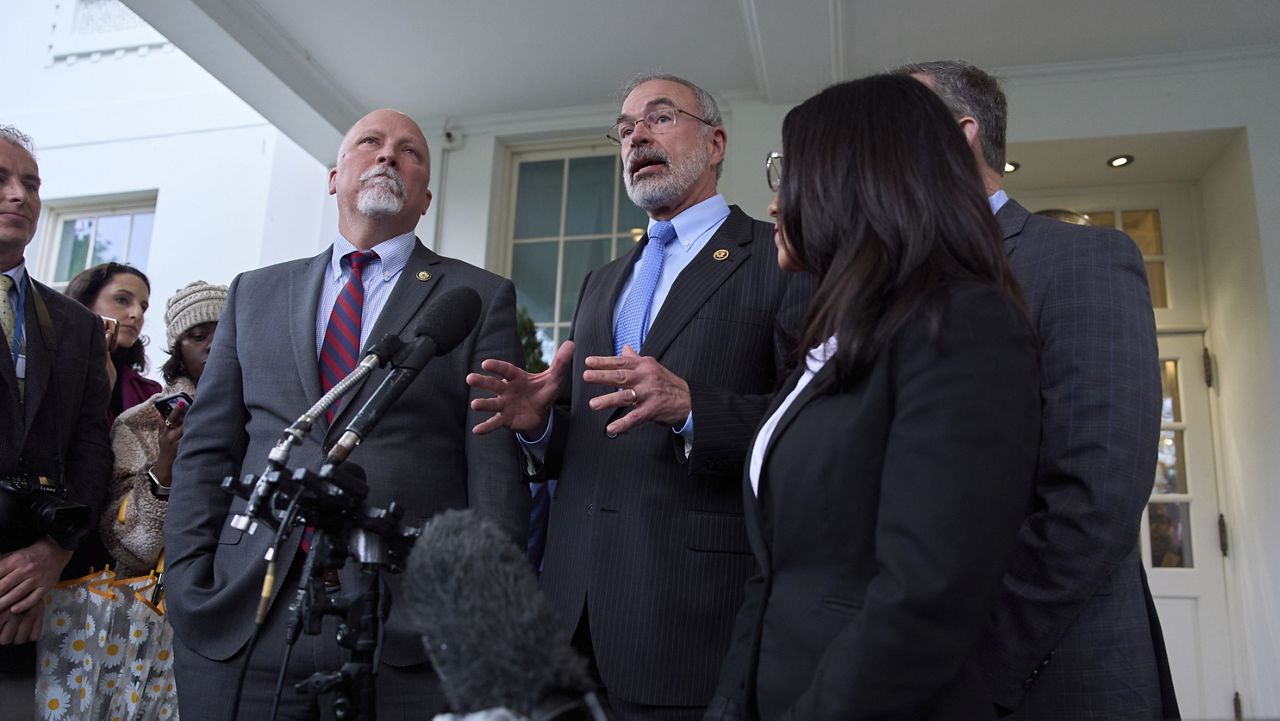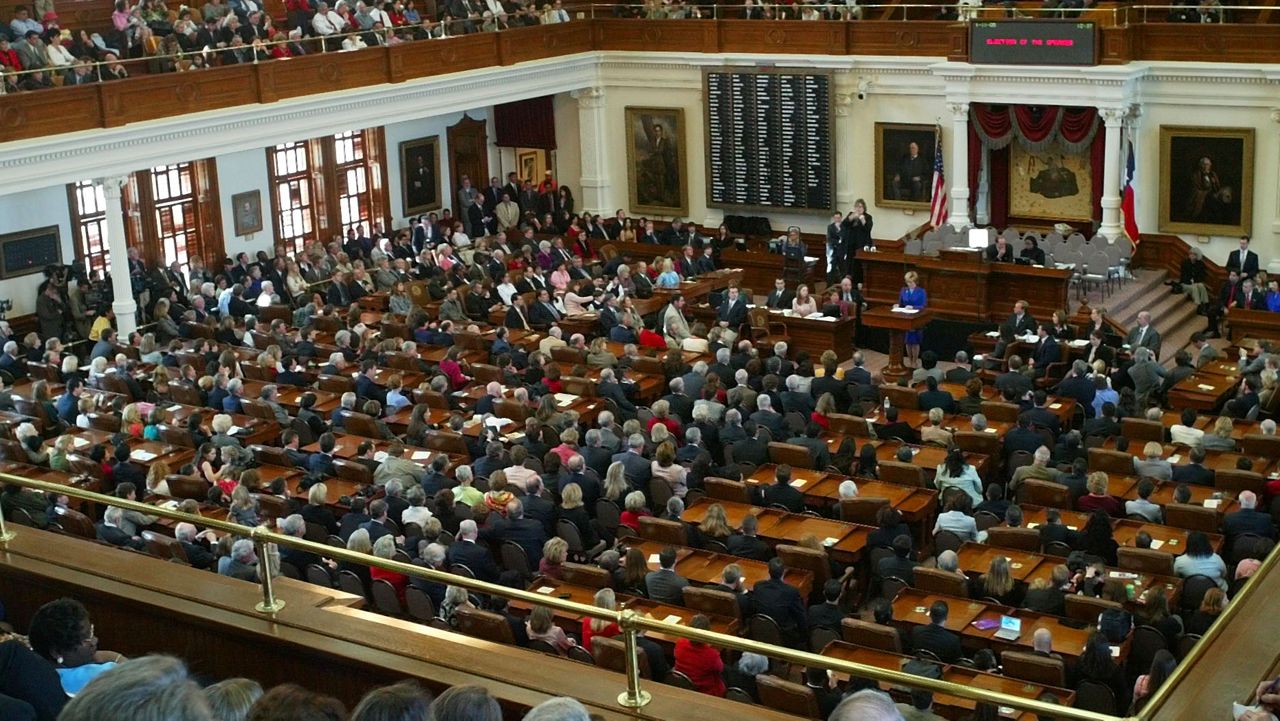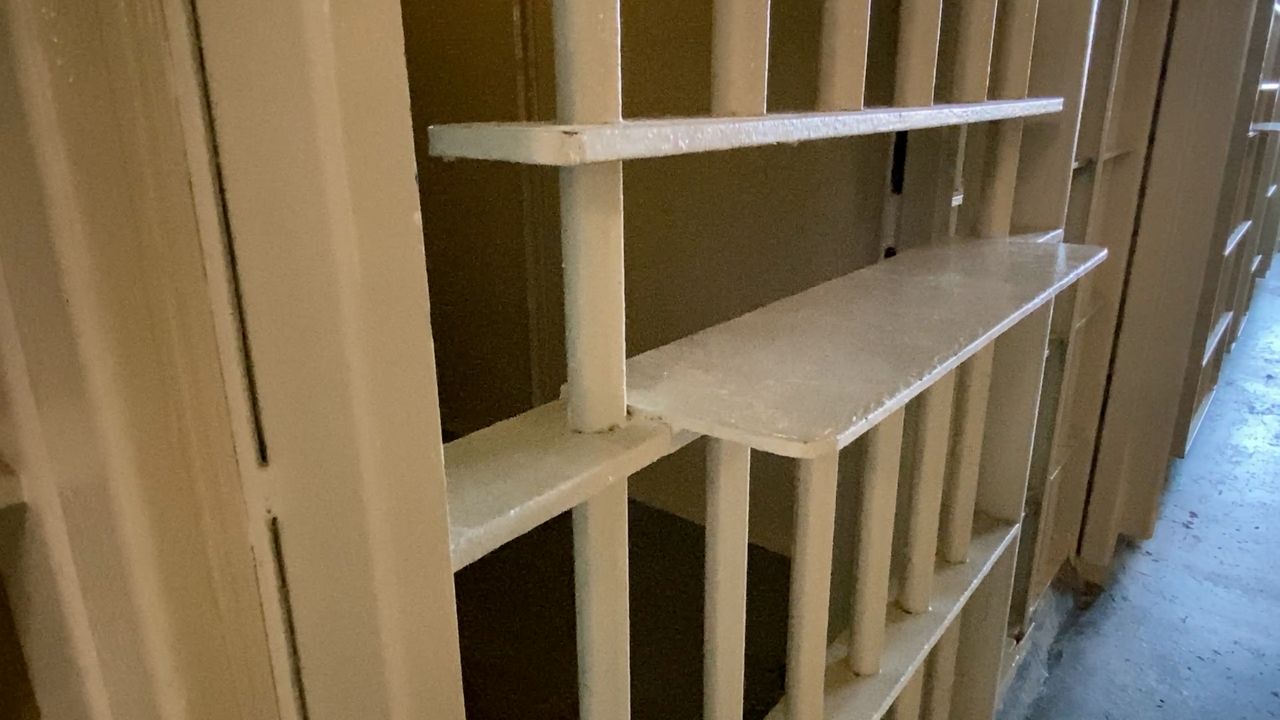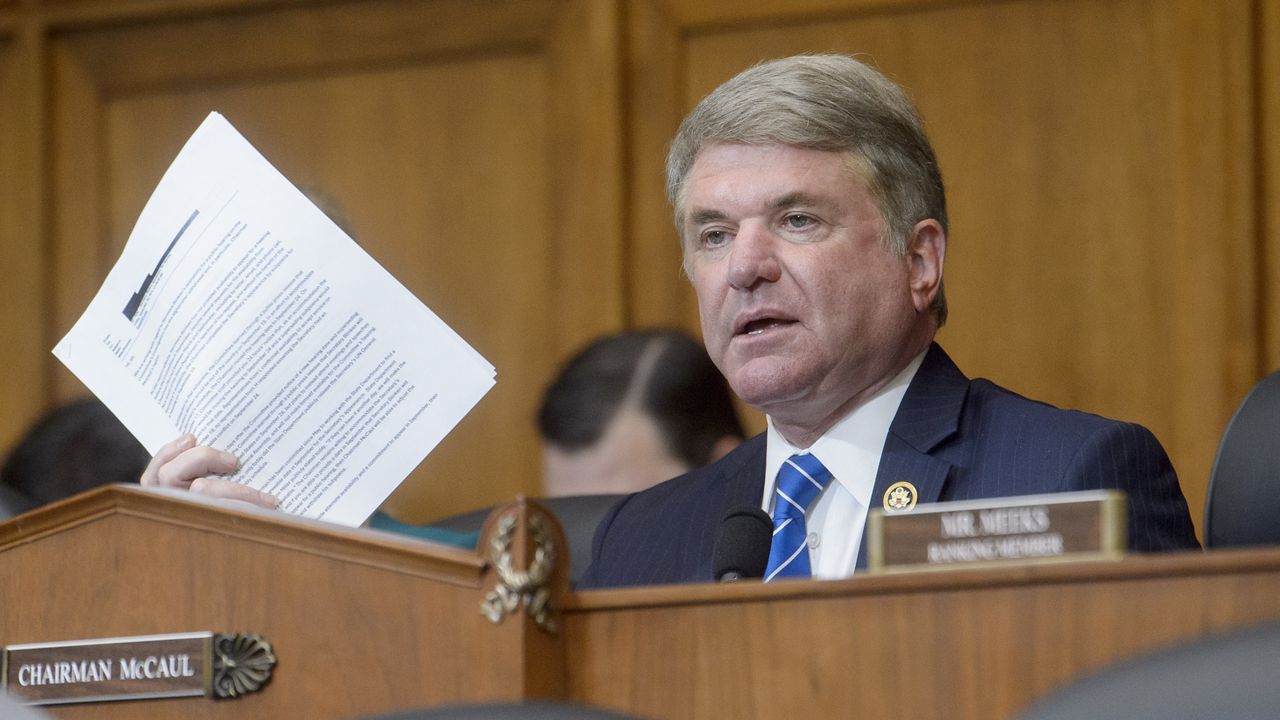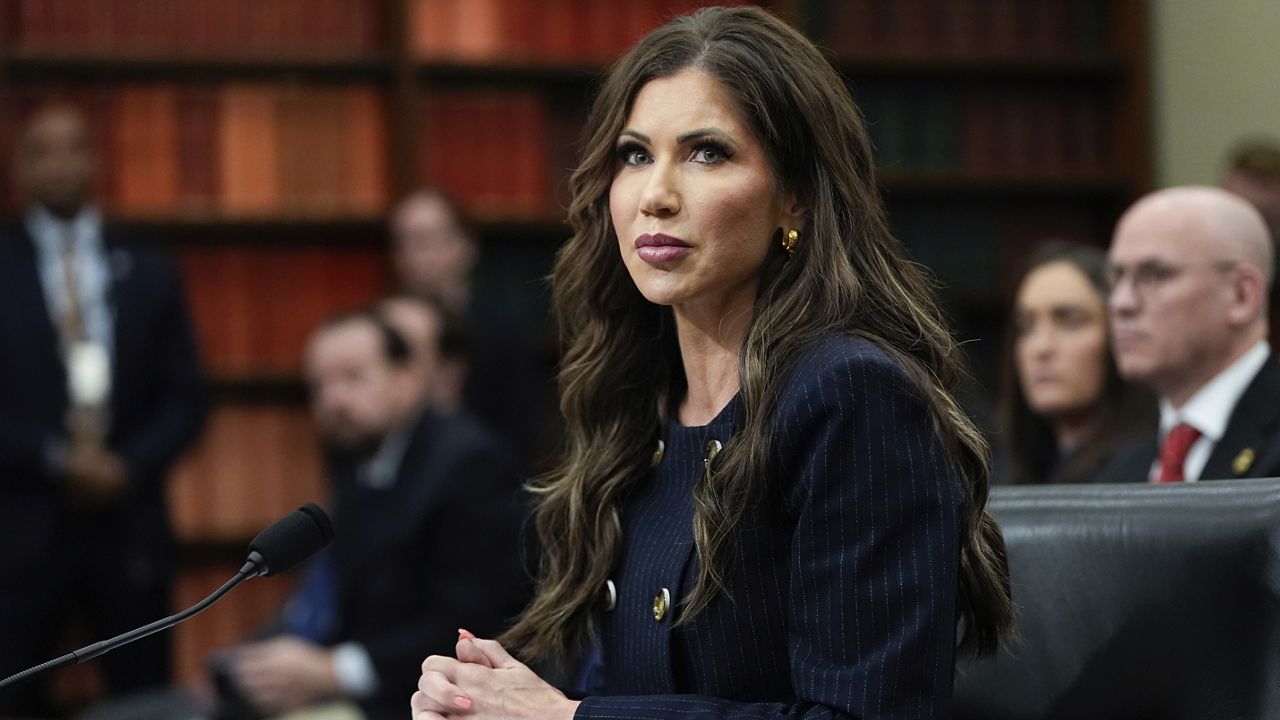AUSTIN, Texas — Texas Republican's efforts to inject religion into everyday life is receiving pushback from constitutional advocates.
Advocates want to insure the separation of church and state remain in place, but the conservative reinterpretation of the Establishment Clause could help bills with a religious lean get to the governor’s desk.
“There’s no such thing as separation of church and state,” said state Sen. Mayes Middleton, R-Galveston.
Middleton made this claim during a debate over his bill to allow prayer in schools. His blunt assertion reveals how religious conservatives are pushing Christianity in this legislative session.
“Would you say that this bill supports that government was meant to be out of the churches, but God was never meant to be out of the government?” asked state Sen. Donna Campbell, D-Austin.
“That is 100% correct,” Middleton replied.
Legal experts suggest that a conservative takeover of the federal judiciary has led to tension between the Establishment Clause that prevents the government from establishing a religion and the Free Exercise Clause that enables people to practice their faith unimpeded by the government, with conservative lawmakers wanting to test those boundaries. Both of those clauses are a part of the First Amendment of the U.S. Constitution.
“And ideally, they’re sort of both sort of floating there, not interfering with each other, but sort of respecting each other,” said Brian Owsley, professor of law and University of North Texas at Dallas College of Law.
Mickey Dollens with the Freedom from Religion Foundation believes the Christian Nationalist movement—which believes the U.S. was founded as a Chistian nation and its laws should reflect Christian values—is creating a false narrative.
The First Amendment prohibits the establishment of a national religion.
“What we’re seeing here with the religious proclamations and the symbolism is laying the groundwork to push a false narrative that Texas is a Christian state, that the United States is a Christian nation, and it is not,” said Dollens.
There are a handful of proposals that elevate Christianity over other religions. Such as House Concurrent Resolution 59 from state Rep. Carrie Isaac, R-Dripping Springs, that designates April as Promise Month for a 10-year period to honor what the author says are “God’s promises.” The resolution reasons that salvation is achieved through Jesus Christ and builds upon a previous law that ended in 2023 to designate a week in April as Texas Christian Heritage Week.
“If you see polls, sort of a broad swath of individuals, they don’t want government promoting religion in the manner and way some of these proposed bills from the Legislature seek to do,” said Owsley. “I think people are busy with their lives. They go on about their lives and they often don’t sort of know what’s going on until after it’s happened and they see the ramifications of this bill or that bill.”
Republicans who support these bills say religion has always played a role in American history.
“As states that we are endowed by their creator with certain inalienable rights. That is not a vague metaphor, but rather a direct recognition that our rights flow from a higher authority, not from man, not from government, but from God,” said Elijah O’Neil with the American Journey Experience Museum in Irving, Texas.
But the question remains—whose God?






